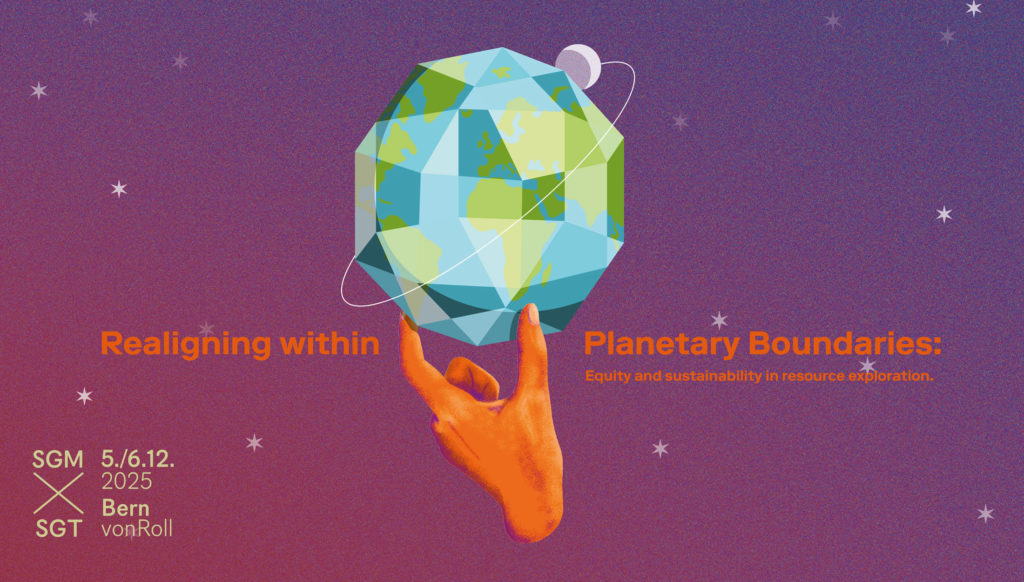 Our Project member, Emilie Cremin, UNIL, will discuss with Jinat Hossain, University of Bern and Zurich, about Gender issues in the research-action project at at the upcoming Swiss Geoscience Meeting (SGM) in Bern on the 6th of December 2025.
Our Project member, Emilie Cremin, UNIL, will discuss with Jinat Hossain, University of Bern and Zurich, about Gender issues in the research-action project at at the upcoming Swiss Geoscience Meeting (SGM) in Bern on the 6th of December 2025.Science Panel 26. Human Geographies: Feminist Political Geographies and Socially Engaged Research
Room: B303 (Fabrikstrasse 8)
Convenor session 26: Christiane Meyer-Habighorst, Devran Koray Öcal, Karine Duplan, Morgane Rudaz, Rosa Philipp, Micaela Lois
Whose Space Is It Anyway? Perspectives from Marginalised Communities on Occupation and (Re)appropriation of Public Space led by Cosima & Morgane
Each presentation will be allocated 15 minutes, followed by a short discussion. The session will take place on Saturday, 6th December 2025, starting at 11:45.
From Inclusion to Transformation: Feminist Approaches to Co-Development in the South-West Bangladesh
1 Institut de Géographie et de durabilité, FGSE, Université de Lausanne
(emiliehelene.cremin@unil.ch)
2 Institut of Geography, University of Bern, (jinat.hossain@unibe.ch)
This presentation will take the form of a conversation between two researchers.
This discussion will tackle challenges of co-developing adaptation initiatives with local communities in South-West Bangladesh, with a particular focus on the gendered dimensions of participation. International funding schemes increasingly require the inclusion of women in project design, yet operationalising these mandates often encounters structural, cultural, and institutional barriers.
Drawing on our experiences as researchers—positioned, respectively, as outsiders and semi-outsiders—we interrogate how positionality shapes both the
production of knowledge and the implementation of participatory processes.
Our analysis engages with debates in political ecology, feminist geography, and intersectionality to unpack why gender remains a contested and rugged terrain in
adaptation research. We ask how women are positioned within locally led initiatives: to what extent their involvement reflects tokenistic inclusion, symbolic representation, or substantive engagement in decision-making and implementation. We further explore the politics of conversation and meaning-making, highlighting how spoken, unspoken, and relational forms of dialogue reveal tensions between project objectives, local norms, and gendered Expectations.
By situating our reflections within a transdisciplinary and politically engaged practice, we argue that addressing gender in adaptation requires moving beyond
prescriptive participation frameworks towards processes that critically engage with local power relations, cultural constraints, and the positional biases of urban
researchers and development agents. Our contribution seeks to reframe knowledge production as a collective endeavour, opening space for dialogue between scholars, activists, and community organisers, and for rethinking the politics of inclusion in adaptation governance.
